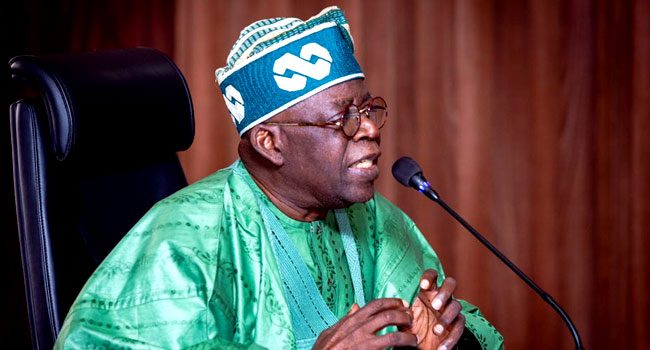
WITHOUT let-up, the 10th National Assembly has continued the mass creation of public higher institutions of learning with no heed paid to sustainable funding, equipment needs, or staffing. Since its inauguration in June, lawmakers have tabled 32 bills at the House of Representatives proposing new federal universities, polytechnics, and colleges of education. President Bola Tinubu and sober-minded legislators should act to stop this unsustainable proliferation.
Nigerian governments, federal and state, are trivialising higher education. Their instinctive response to the challenge of tertiary education of whimsically creating scores of under-funded institutions is counterproductive.
Senators and members of the House equate sponsoring a bill to establish a federal higher institution in their respective home bases as a “constituency project” with which to dazzle voters.
Accordingly, leading in the push for the 32 new colleges in the 10th NASS are the Speaker of the House, Tajudeen Abbas, whose bill seeks to establish a federal university in Kaduna, and the Deputy Speaker, Benjamin Kalu, who wants a medical university in his Bende, Abia State constituency. There are 30 others by other members in a race to each create a university, polytechnic or CoE in their respective areas.
Successive federal administrations have also been mushrooming institutions they cannot, do not, and have no intention of adequately funding, staffing, or equipping.
Broke and overflowing with students, both the older and mushrooming institutions are imposing astronomical fee increases that most students and their parents/guardians cannot afford.
In October, Tinubu approved the take-off of six of 14 new federal universities established in the last days of the preceding administration.
The government justifies this quirky trend by citing the high number of applicants seeking admission to higher institutions.
Unarguably, higher education is of immense value to a country’s development. According to the World Bank, it is “instrumental in fostering growth, reducing poverty and boosting shared prosperity.” It confers benefits on the individual and the entire educational system, the bank added. Quality is highly valued.
But Nigeria’s public officials regard quantity as quick political wins. Data from the National Universities Commission reveal that the country currently has 262 universities. While 52 are federal, 63 are owned by the states, and 147 are privately owned.
As the apex of the education pyramid, quality, guaranteed by adequate funding, adequate staffing, and provision of lecture rooms, laboratories, and stability, is more important. Countries therefore accord priority to quality, and to creating an enabling space for robust teaching and research to thrive.
Instead of restricting itself to the role of a regulator, facilitator and funding support partner, the Nigerian government is making a mess of tertiary education. Politics drives everything and confusion reigns.
Since 2010, the government has not provided the N1.4 trillion it agreed to release for its universities under the MoU it signed with university lecturers when it had fewer universities. Yet, it keeps creating more. When it established 12 universities in one swoop, the Goodluck Jonathan government released N2 billion each to them as take-off funding, a grossly inadequate sum.
The Federal Government should rethink its higher education strategy. It should rather encourage more private, faith-based, non-profit institutions, providing aid, grants, and research support. It should support students with scholarships, bursaries, loans, and grants. States should only establish institutions they can fund and similarly provide scholarships and bursaries to their indigenes.
Local governments should also have robust funding programmes for indigenes. Philanthropies and corporations should be encouraged to offer funding and research grants as part of their social responsibility activities.
The mushrooming of tertiary institutions should stop.





